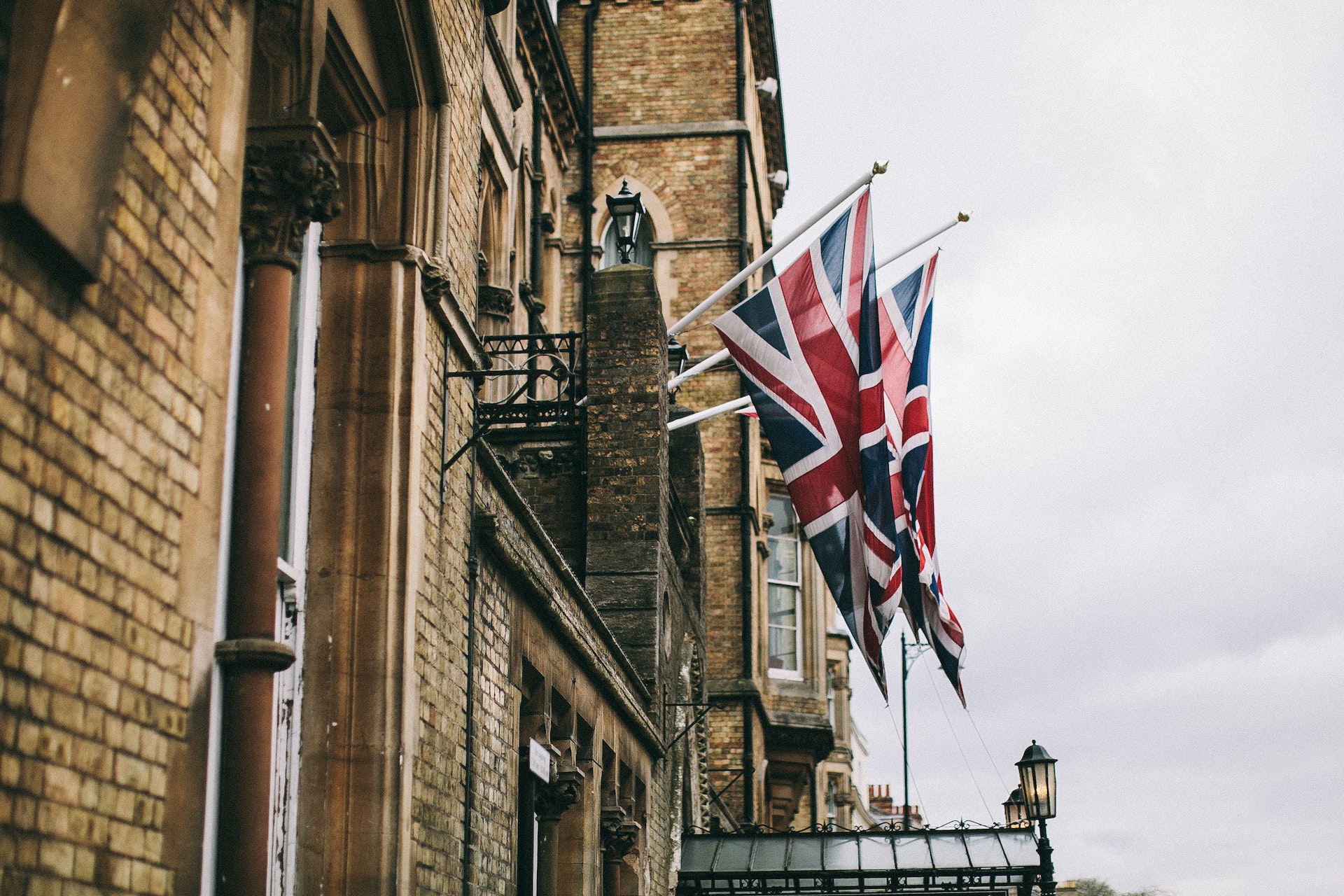INTRODUCTION
The “Rule of Law” doctrine was introduced in the British Constitution to prevent the coercive powers of the state to press individuals. The “Rule of Law”, which forms a fundamental principle of the English Constitution, is one of the unique characteristics of the British Constitution.
DEFINITION OF RULE OF LAW
According to Aristotle:
He defines the Rule of Law as “Government by law is superior to Government by men.”
DICEY’S EXPOSITION OF THE RULE OF LAW
Dicey gave the Rule of Law three meanings. These are as follows:
1. Absolute Supremacy of Law:
It means that absolute supremacy or predominance of regular English men is ruled by the law alone; a man can be punished for a breach of law, and the executive has no authority to arbitrarily put a man behind bars.
2. Equality Before Law:
It means that Every man, whatever his rank or condition, is subject to the ordinary law of the realm and amenable to the jurisdiction of the ordinary tribunals.
3. Constitution: A result of Fundamental rights:
It means that the rules of the Constitution result from a judicial decision determining the right of a private person in particular cases brought before the courts.
LEADING CASE
Facts: In this case, two messengers of the King’s were sued for un-law fully entering the House of Entick and, after a search, seizing his papers. The defence they took was a warrant issued by the secretary of state to make the search and seizure.
Held: It was held that the practice was illegal in the absence of a statute or Judicial Precedent upholding the legality of such a warrant.
CRITICISM OF DICEY’S EXPOSITION OF THE RULE OF LAW
Dicey’s exposition was criticized by Gilchrist and Ivor Jenning, who believed that Dicey’s idea was not purely applicable to the English system. Various exceptions to his concept exist, and they are as follows.
1. Petition of Right:
Petition of right cannot be maintained against the King to recover damages for any tort
2. The King:
The King can grant or refuse passports to travel in any foreign country. country, and the exercise of such power cannot be challenged in any court of” law
3. The Crown:
The Crown is not responsible for the wrongful acts of employees. Only the government servants are accountable for their actions of commission or omission.
4. Public Authority Protection Act, 1893:
Special protection to officials has been given from proceeding while exercising their duty.
5. Judges of the Court:
The court judges are not liable for any act done in their Judicial capacity.
6. Justice of Peace:
Justice of the peace is not liable for any act if the act is not wrongful and malicious.
7. Power of Home Secretary:
The power of the home secretary to open and detain letters violates the rule of law.
8. Home Secretary:
The home secretary has absolute discretion to grant certificates of neutralization as British subjects, and this exercise of the power cannot be challenged in any court of law.
9. Under the orders of the Home Secretary:
Under the order of the Home Secretary, the persons suspected of murder are kept under repeated remand on a minor charge.
10. Foreign Rulers and Diplomats:
Foreign rulers and diplomats enjoy immunity before courts of law. This is a violation of the rule of law.
11. Lord Chamberlain:
Lord Chamberlain censors the plays, his ban no court can remove.
12. Public Order Act, 1916:
Public Order Act of 1916 gives the police power to regulate and prohibit públic meetings and processions.
13. Emergency:
During an Emergency, the parliament suspends the law.
14. Trade Union Protection:
No suit can be filed against a trade union for any act committed by its offices or by members in further one of a bonafide trade dispute.
ROLE OF THE RULE OF LAW IN BRITAIN
The rule of law in recent days is based on the following ideas:
1. Accordance with Law:
The law must do everything. The rule of law prefers law and order within the community rather than anarchy.
2. Fundamental Rights:
The Constitution protects Fundamental Rights.
3. Governmental Obligations:
Government must be conducted according to the law.
RULE OF LAW AND SUPREMACY OF PARLIAMENT
The rule of law was one of the fundamental doctrines of the pre-revolution period. It brought about the supremacy of parliament and rejected the authority of one man. On the other hand, no law can limit the parliament’s Legislative powers.
CONCLUSION
The expression “Rule of Law” connotes the undisputed supremacy of Jaw. This supremacy of law is designed to give security to the rights of the British subjects. Furthermore, the rule of law, as expounded by Dicey, needs modifications. However, it is still a principle of the English Constitution.
FAQs
The “Rule of Law” is a prominent principle of the British Legal System. Discuss the scope and fundamental components of the “Rule of Law” in light of Dicey’s exposition on the concept and criticism raised against his theory on the rule of law in the modern world.
(2019-A)
Explain Dicey’s exposition of the “rule of law” and highlight the criticism of different Legal Scholars against this doctrine.
(2017-S)
Explain Dicey’s exposition of the rule of law and its present-day application in the modern world.
(2017-A)
Please elaborate on the doctrine of the rule of law in light of its historical perspective and development concerning Dicey’s exposition.
(2016-S, 2016-A)
The concept of the Rule of Law is an integral part of the British Constitution. Please explain it in light of Dicey’s Exposition on the rule of law. Also, elaborate on its modern concept in the administration of justice.
(2015-S)
The Concept of Rule of law is integral to the British Constitution. Please explain it critically from Diceyan’s perspective with the French “Droit Administratif” concept.
(2013-A)

